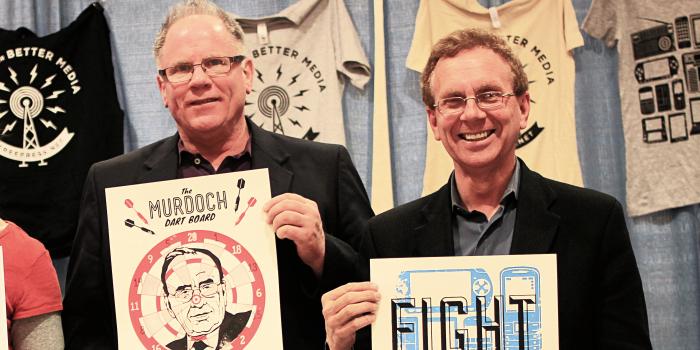Facebook's FTC Settlement Falls Short of the Oversight Needed to Stop Abuses of User Privacy

WASHINGTON — On Wednesday, the Federal Trade Commission announced a $5-billion settlement against Facebook in response to the online platform’s mishandling of a massive trove of user information. The data on up to 87 million users ended up under the control of political analytics firm Cambridge Analytica.
The settlement also covers Facebook subsidiaries WhatsApp and Instagram and is part of a growing global effort to rein in powerful Silicon Valley companies amid frequent accounts of abuse. Under the FTC deal, Facebook’s board will form a privacy oversight committee made up of independent members who will oversee a certification process to ensure that Facebook is complying with the settlement.
The FTC voted 3–2 to approve the settlement. Commissioners Rohit Chopra and Rebecca Slaughter dissented, saying they believe the $5-billion fine is too low, and that it lets off top Facebook executives for being “neglectful in discharging their legal obligations.”
Free Press Policy Counsel Gaurav Laroia made the following statement:
“While the $5-billion fine is one of the largest in the FTC’s history, it still falls far too short. As Commissioners Chopra and Slaughter explained in their dissents, the FTC’s $5-billion fine is unlikely to change the company’s behavior. It represents just one month’s worth of earnings for Facebook and is a tiny fraction of the company’s growth in revenue since it entered into a consent decree with the agency in 2012 for violating its users’ privacy.
“Far more serious consequences are needed to curb the tech industry’s behavior and its amoral pursuit of growth at our expense. This settlement doesn’t change that underlying dynamic. The FTC order places no meaningful limits on Facebook’s collection of users’ personal information. The settlement also fails to address the business model that incentivizes the invasive and manipulative practices the company was fined for.
“The Cambridge Analytica scandal rightfully motivated the FTC to reopen its investigation into Facebook. The company’s lax privacy controls enabled the manipulation of voters in the 2016 election and damaged our democracy. Without corrective action, the business of behavioral advertising is bound to harm our social, political and private lives again and again. It’s now up to Congress to pass legislation to protect our privacy, our democracy and our civil rights.”




